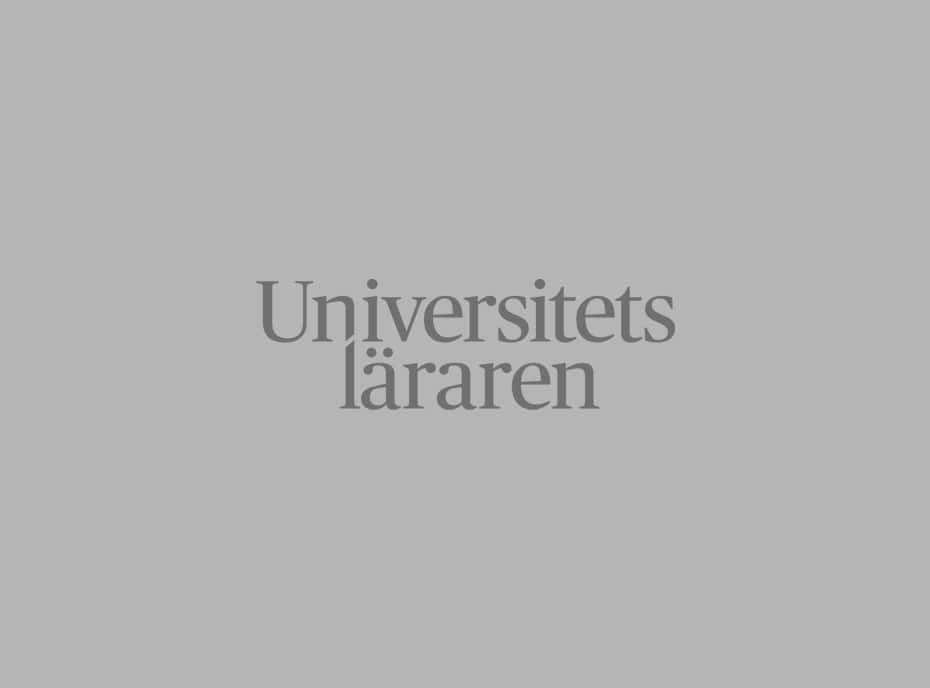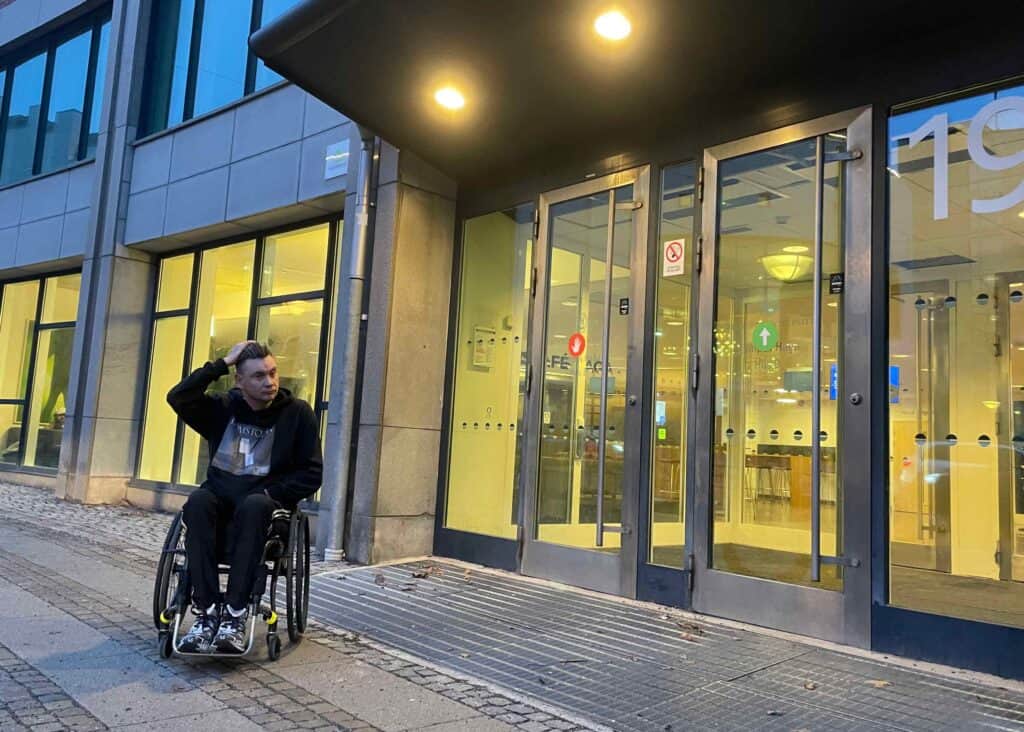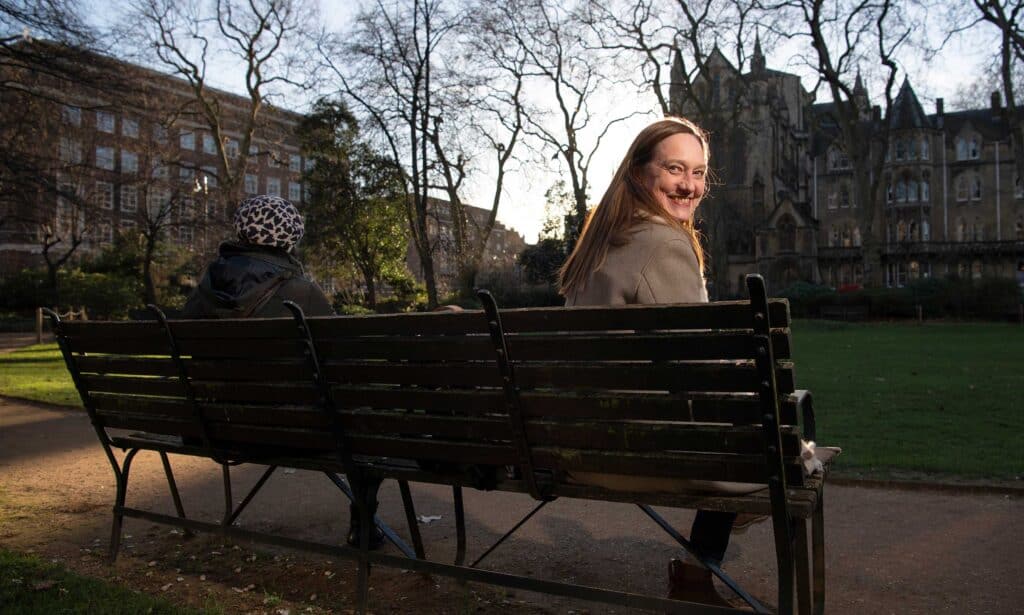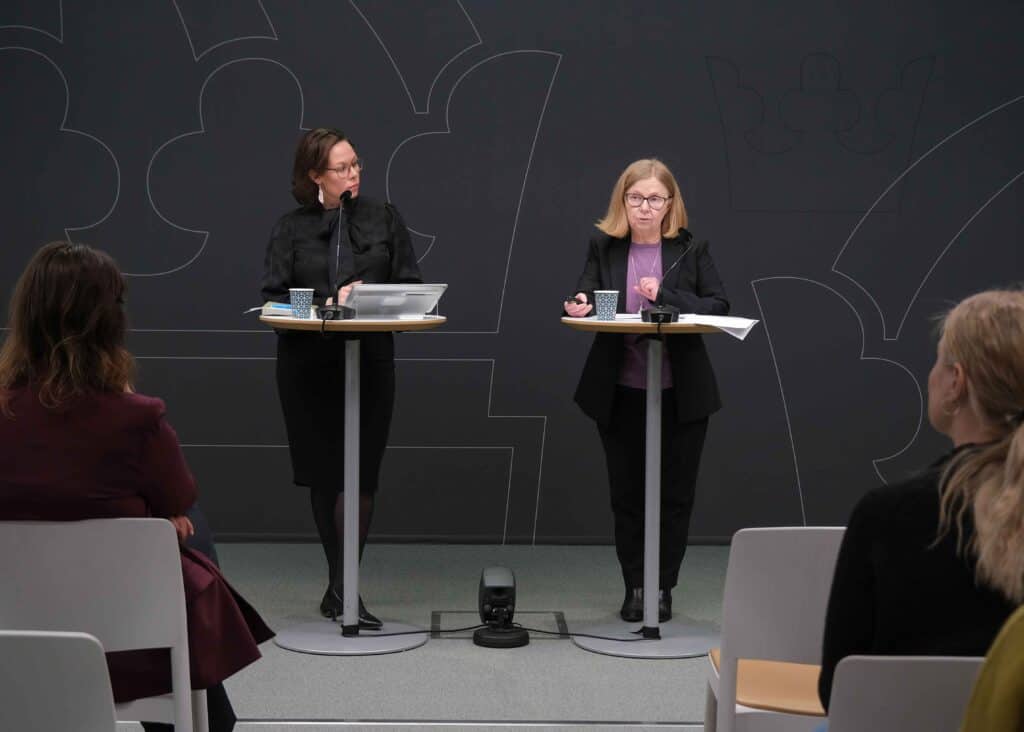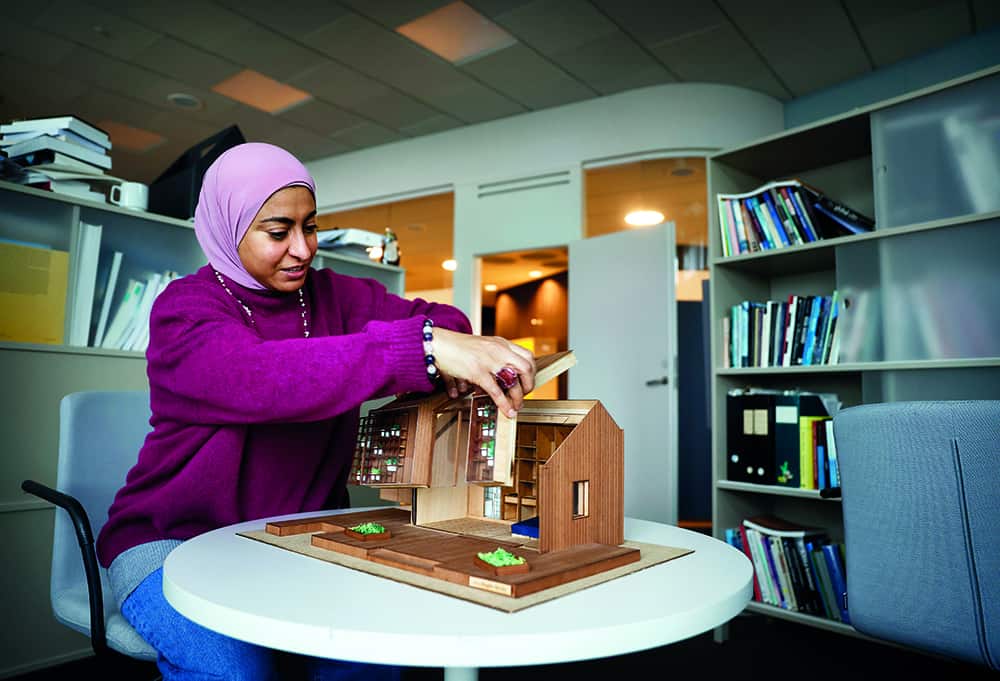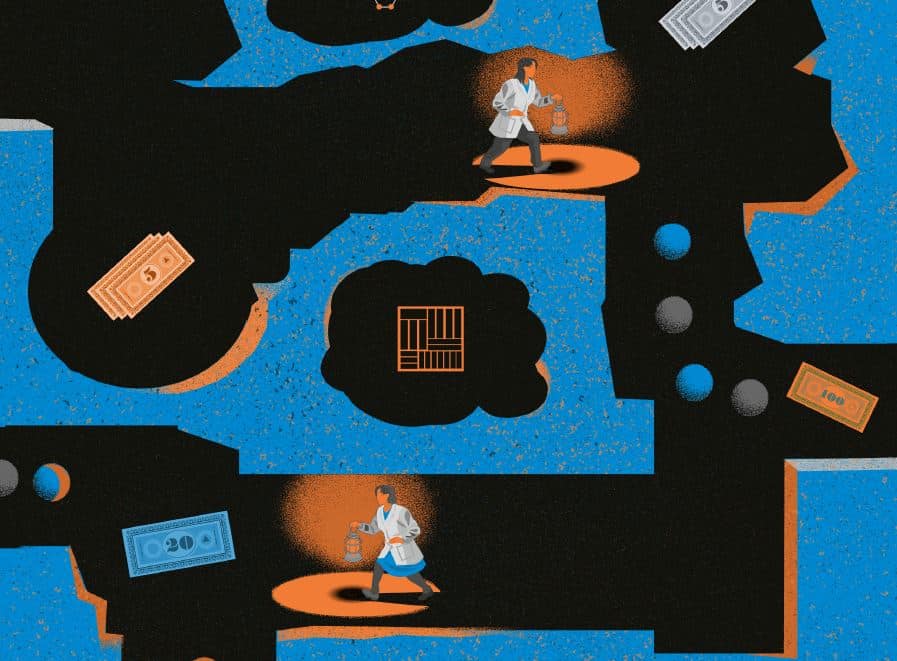With the Covid-19 pandemic and the subsequent shift to distance education at universities, concerns about student fraud have reached unprecedented heights. Last year, for example, studies in the UK and Australia reported an alarming rise in cases of student cheating, specifically the so-called ‘ghostwriting’, i.e. purchasing on-demand written assignments from specialized online services. According to these studies, the number and visibility of agencies actively promoting their ‘help’ to students has also increased. Tackling ghostwriting has become a daily challenge for universities.
Ghostwriting – the ultimate cheating
Confronting cases of student cheating is nothing new to the routine of a university lecturer. For example, in May 2021, ten students were suspended from Luleå University of Technology for plagiarism. Plagiarism is relatively well defined, easily identified, and multiple software tools exist to help teachers in diagnosing this problem as well as generating unequivocal evidence to act against the perpetrating student. The picture, however, changes when it comes to ghostwriting.
Ghostwriters generate new and authentic material (the quality of which presumably ranges with the price), tailor-made for a specific assignment, personalized for a specific student. Generating proof ‘beyond a reasonable doubt’ to discipline a cheating student becomes a Sisyphean task, falling on the shoulders of teachers. This type of cheating cannot be detected with software or proven objectively. A recent account from Mid Sweden University illustrates this.
Is proving ghostwriting ‘beyond reasonable doubt’ an unattainable ideal?
At Mid Sweden University a master’s student had been suspected of using ghostwriting due to an undeniable discrepancy between the student’s overall performance in class and the writing produced. A teacher reported the student to the ethical committee. What pushed the teacher into action was the availability of some hard evidence that the work submitted was not authored by the student. The properties of the files submitted by the student showed the names of strange unknown authors, and that an atypically short amount of time was spent on editing these files. Then ensued a long process of confronting the student to ask for an explanation, and then writing a lengthy report to the ethical committee.
The student was never able to give any coherent explanation to the ethical committee. Nevertheless, in the end the student walked away without any consequences. The committee concluded that it could not be proven beyond reasonable doubt that the student used the services of ghostwriters, even despite the teacher’s testimony and the hard evidence of atypical file properties. Proving the case of ghostwriting beyond the reasonable doubt would literally require getting a warrant to dig in the student’s computer to find email conversations about the order and payment transaction. There are no laws supporting this action path in Sweden, nor anywhere in the world as of yet.
Wrong signals to teachers produce a ‘victimless crime’
With the increasing burden on university lecturers, in the form of the growing bulk of administrative tasks, the ‘publish or perish’ mentality, and grant seeking pressure, teaching is already an undervalued activity. It is not a secret that in modern universities research quality is always prioritized over teaching quality. In fact, teaching is often viewed as a nuisance responsibility shifted to junior staff or those unlucky who failed to secure research funds. In this context, teachers are additionally burdened with the extremely tedious and resource-consuming task of gathering extensive evidence, writing reports and testifying in front of an ethical committee, not to mention the emotional efforts needed to personally confront cheating students – all this with a very slim prospect of proving a case of ghostwriting ‘beyond reasonable doubt’.
In the ‘evidence-based’ over ‘experience-based’ paradigm, reliance on teachers’ competence for disciplinary action does not suffice. Needless to say, that just letting students quietly get away with their cheating becomes a much more seductive option. In other words, ghostwriting becomes a perfect ‘victimless crime’.
Prevention is the best cure
First, we need a hard and honest discussion about the problem of ghostwriting across universities in Sweden. Conversation would be a good starting point as it would bring forward the severity of the problem and prepare universities for action.
Second, it will only be possible to duly reprimand students for using ghostwriting services if university teachers push for action for more serious consequences for buying as well as selling ghostwritten papers. Tightening rules and regulations around cheating should be considered.
Third, the best solution to ghostwriting is still prevention, which we also strongly advocate to preserve the relevance and legitimacy of our higher education system. University teachers will have to re-think the assignments they give their students with ghostwriting risk in mind. This means designing assignments in a way that students cannot resort to ghostwriting services. This could mean more in-class examinations, but even more assignments where students are asked to mix their personal life experiences and their reflections of in-class discussions to the relevant theories and themes of the course in their written assignments. Oral examinations could also be a good anti-cheating measure when appropriate, even though this practice is quite rare in Swedish universities.
Bigger written assignments like theses cannot be avoided in the Swedish curriculum, but students can still be required to do them in small steps that can be monitored throughout the course. Here, smaller universities and degree programs might have an edge. The smaller class sizes and closer teacher to student relations might make it easier to spot cheating students early on.
Finally, teachers need more systemic support in their mission of confronting cheating. This process should also be more optimized, less time consuming, tedious and emotionally demanding. Otherwise, weeding out ghostwriting risks becoming an unbearable burden few teachers would dare to put on their shoulders.
Lusine Margaryan
Senior Lecturer
Solène Prince
Senior Lecturer
Department of Economics,
Geography, Law and Tourism (EJT),
Mid Sweden University


